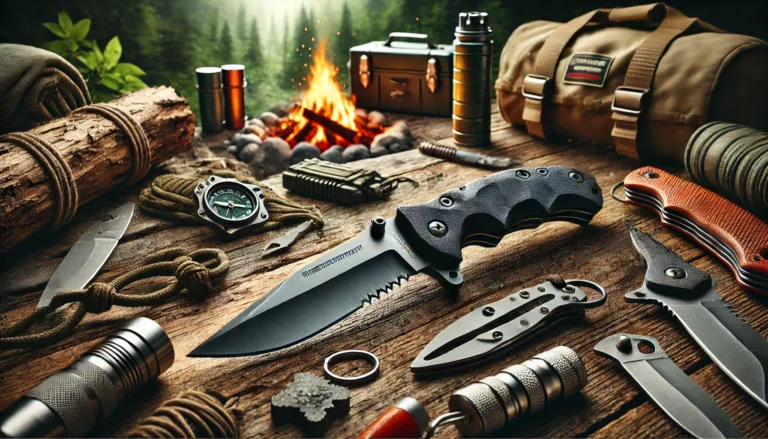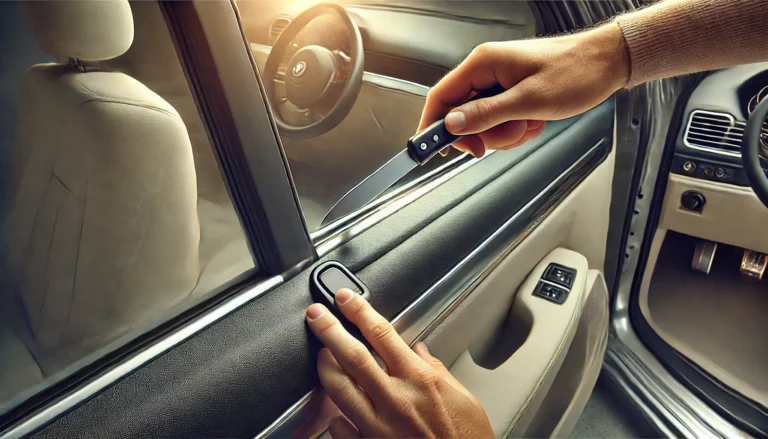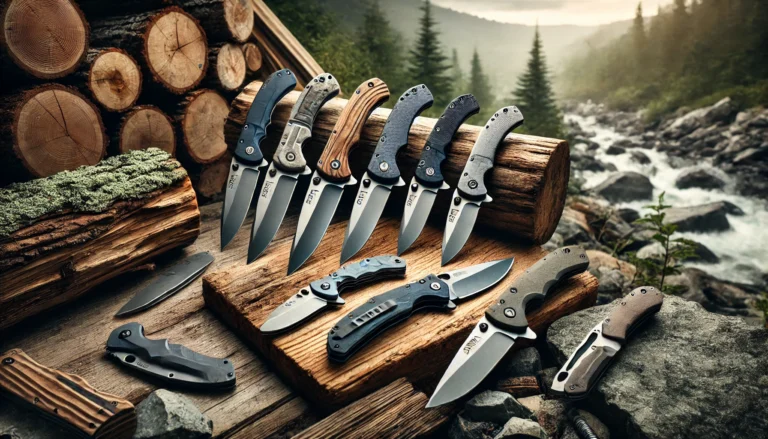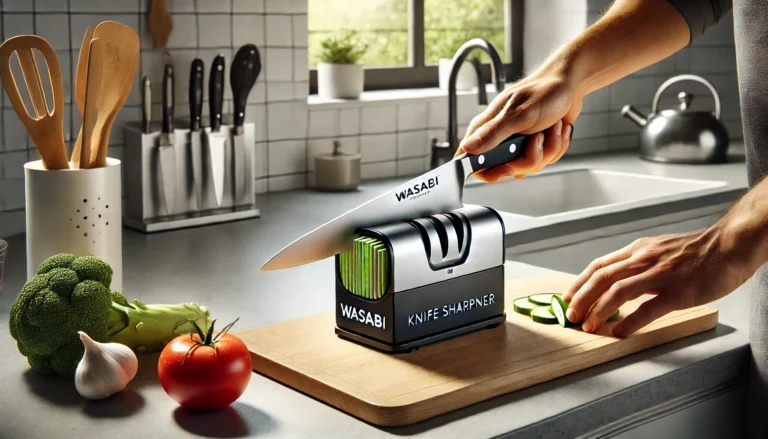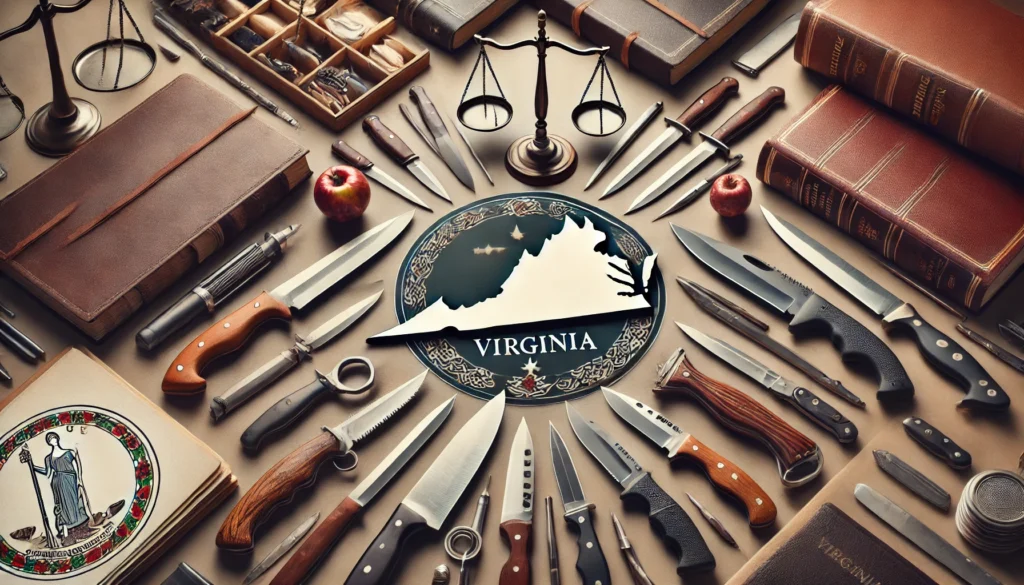
When it comes to owning and carrying knives, it’s important to know the laws in your area. For Virginia residents and visitors, knowing the state’s knife laws can help you stay compliant and avoid potential legal issues. This guide aims to provide clear and straightforward information on the legal length of a knife in Virginia, specifically for chefs and kitchen enthusiasts.
What is the Legal Length of a Knife in Virginia? (Short Answer)
In Virginia, the law does not specify a maximum legal length for a knife. However, carrying certain types of knives, like switchblades, is restricted. There are no specific length limits for regular kitchen knives. Always check local county or city ordinances for additional rules. Staying informed ensures you stay within legal boundaries.
Overview of Virginia Knife Laws
Virginia’s knife laws are relatively less restrictive than those of other states, but they still have specific rules that need to be followed. These laws are primarily designed to ensure public safety while allowing individuals to own and carry knives for legitimate purposes.
Key Terms and Definitions
- Knife:
A tool with a blade for cutting.
- Blade Length:
The length of the cutting edge of the knife.
- Concealed Carry:
Carrying a knife in a manner that is not visible to others.
Legal Length of a Knife in Virginia
General Rules
In Virginia, no state law strictly limits the length of a knife blade. However, there are essential considerations regarding concealed carry and specific types of knives. Here are the general rules:
- No Restriction on Blade Length:
No statewide law specifies a maximum blade length for knives. In most circumstances, you can legally own and carry knives of any size.
- Concealed Carry Restrictions:
While no blade length restrictions exist, there are rules about carrying specific knives concealed.
Concealed Carry Laws
The primary legal issue in Virginia regarding knives is how they are carried. The state prohibits the concealed carry of specific types of knives, regardless of blade length. These include:
- Bowie Knives
- Switchblades (also known as automatic knives)
- Dirks
- Daggers
It is illegal to carry these types of knives concealed, but there is no law against openly carrying them.
Exceptions to Concealed Carry Restrictions
There are a few exceptions to the concealed carry restrictions in Virginia. For example:
- Law Enforcement Officers:
They are generally exempt from these restrictions.
- Private Property:
You can carry any knife, concealed or otherwise, on your property.
Specific Regulations for Chefs and Kitchen Knives
The primary concern for chefs and kitchen enthusiasts is usually related to kitchen knives. Fortunately, Virginia’s knife laws do not impose specific restrictions on kitchen knives. This means:
- No Length Limitation:
You can legally own and use kitchen knives of any length.
- Transporting Knives:
When transporting kitchen knives, it’s advisable to keep them in a toolbox or knife roll to avoid any issues related to concealed carry.
Best Practices for Chefs
While Virginia’s laws are lenient, following best practices can help you stay within legal boundaries:
- Use Knife Rolls or Toolboxes:
When transporting knives to and from work, keep them covered with a knife roll or toolbox.
- Avoid Concealed Carry:
If you need to carry a knife, ensure it is visible to avoid any concealed carry issues.
- Stay Informed:
Regulations can change, so staying updated with the latest laws is always good.
Local Variations and Considerations
While Virginia’s state laws are relatively straightforward, local ordinances can vary. Some cities or counties have their own restrictions. Here are a few examples:
City and County Regulations
- Richmond:
Richmond has specific rules against carrying switchblades and Bowie knives in certain public spaces.
- Virginia Beach:
Virginia Beach also restricts carrying specific knives in public.
Checking Local Laws
Before traveling with knives, especially to different cities within Virginia, it’s essential to check local regulations. Most local ordinances are available on municipal websites or through local law enforcement agencies.
Conclusion:
Understanding the legal length of a knife in Virginia involves more than just measuring the blade. While there are no specific restrictions on blade length, concealed carry laws and local ordinances significantly affect what is permissible. For chefs and kitchen enthusiasts, you can enjoy your culinary tools without much hassle, provided you follow general best practices and stay informed about local regulations.
By staying aware of these laws, you can ensure you follow the rules while doing what you love—cooking. Always remember, when in doubt, to consult local regulations or legal experts to ensure you are on the right side of the law.
FAQs
In Virginia, no specific state law sets a maximum length for a knife blade. This means you can own or carry a knife of any size.
Yes, while there are no length restrictions, some knives cannot be concealed. These include switchblades, Bowie knives, dirks, and daggers.
Yes, you can carry a kitchen knife in Virginia without any length restrictions. However, it’s best to transport them in a knife roll or toolbox to avoid issues related to concealed carry.
Yes, local laws can vary. Some cities or counties, like Richmond and Virginia Beach, have specific restrictions on carrying certain types of knives in public. Always check local ordinances before carrying a knife.
No, law enforcement officers are generally exempt from the restrictions on carrying concealed and open knives as part of their duty requirements.
In Virginia, no state law limits the length of a knife blade. This means you can legally own and carry knives of any size. Always check local ordinances, as they may have additional restrictions.
Yes, you can own an automatic knife in Virginia. However, you cannot carry it concealed. Under state law, open carry of an automatic knife is allowed.
There is no state law limiting the size of a knife you can carry in Virginia. You can carry knives of any size as long as they are not concealed. Always check local rules, though, as they may have specific limits.


